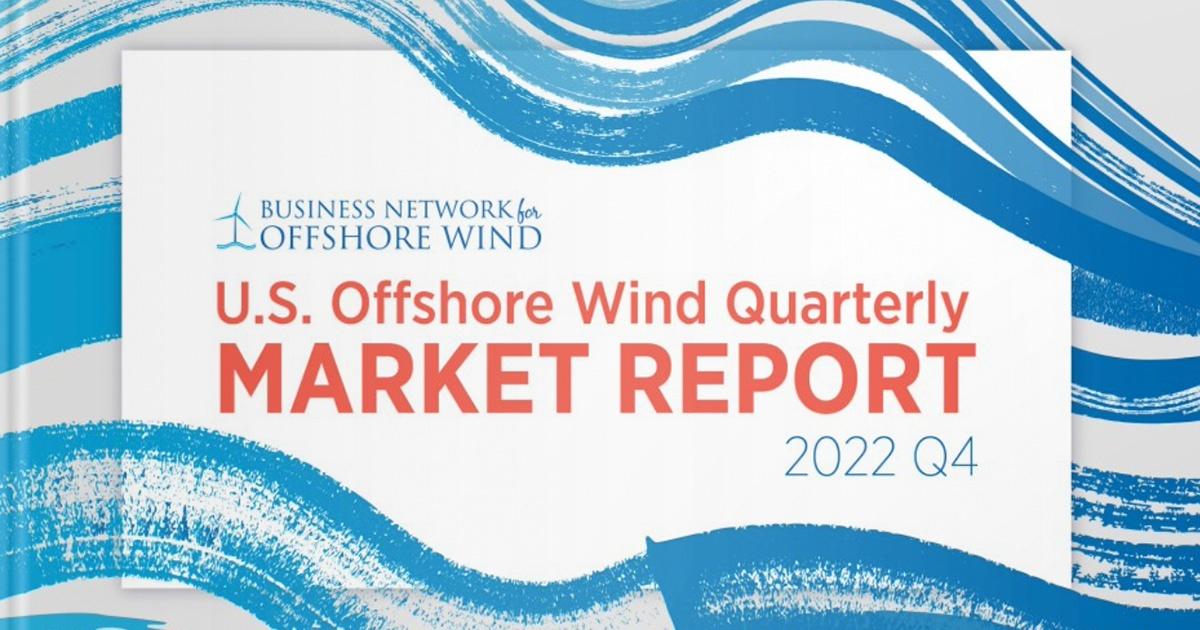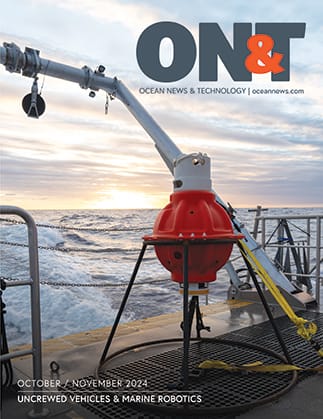The last three months of 2022 are notable for the first-ever federal offshore wind auction along the U.S. west coast and key port investments, yet the combination of supply chain bottlenecks and rising commodity prices could hamper progress in 2023.
Below are four key takeaways from this quarter’s report on U.S. offshore wind activity:
- The California lease auction marked the U.S.’ entry in the floating offshore wind market and an important opportunity to pioneer cutting-edge technology here at home;
- Domestic supply chain development was buttressed by key growth in the offshore wind steel sector and major investments at U.S. ports in four key states — California, Connecticut, Massachusetts and New York;
- The same inflationary conditions disrupting the European offshore wind industry finally reached U.S. shores, resulting in project delays; and
- With a capable workforce, critical infrastructure components, and the potential to generate nearly 9 GW of offshore wind that could power nearly 3 million homes, the Gulf region is primed for an offshore wind boom.
“The U.S. offshore wind industry remains on solid footing, even with the speed bumps and setbacks we saw emerging at the end of 2022,” said Liz Burdock, President and CEO of the Business Network for Offshore Wind. “We cannot rest on the long-term promise of this industry, however, and we must work to overcome our known challenges — from port infrastructure to transmission and supply chain shortages — that rising global inflation and surging demand have only been amplified. With two U.S. commercial-scale offshore wind projects poised to begin operation and a slew of others slated for approval, this new year is a critical moment to double down on coordinated action and focus our efforts on building a strong domestic supply chain that will continue moving the industry forward.”
Click here to access for free the full Q4 Market Report from the Business Network for Offshore Wind.

